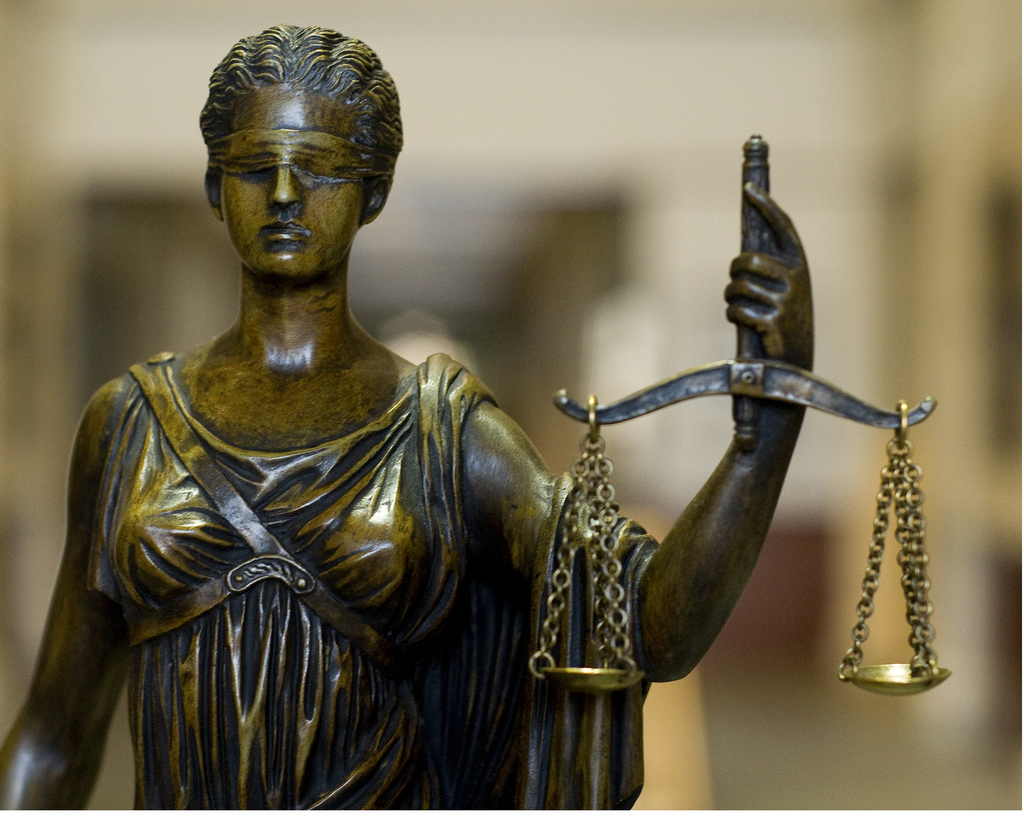A sermon exploring the kind of pastoral leadership the church needs for the 21st century. Risky. Daring. Egalitarian. And able to help disentangle us from the patriarchy that's held us captive for too long.
This was preaching on a live Zoom service upon the ordination of the Rev. Sara Tillema, Minister of Word and Sacrament.
1.
Sara, today we’re celebrating your tenacity and the patience that have helped bring your journey to his moment. Today, we’re ritualizing the beginning of a new journey as a Minister of Word and Sacrament, serving not only the part of the Christian tribe we call the Presbyterians, but also the much larger “holy catholic church.”
When I say we’re ordaining you as Minister of Word and Sacrament for the “holy catholic church,” I mean catholic, small “c”—the universal or cosmic church, not identified one with a particular religious brand or sect or communion. God’s church is bigger than that. For the whole world, the universe itself, is God’s cathedral, and every star and every sea anemone, every bee and every butte, every river and every redwood, every poem and every person is part of this grand mystery called the church. What we do religiously is just a way to awaken us as human beings to the truth that God is in fact in everything and is contained by no one thing, denomination, or religious tradition. . . .
The texts were John 2.1-11 and "Summer's Day" by Mary Oliver. And a performance of The New Rule by the 13th century Sufi poet, Rumi.


